How Volvo is helping to electrify the car market
A car that is pretty much perfect for the eco-friendly cruiser, finds Sean O’Grady. From its sleek design to its conscious energy use, it’s a vehicle that will electrify its driver
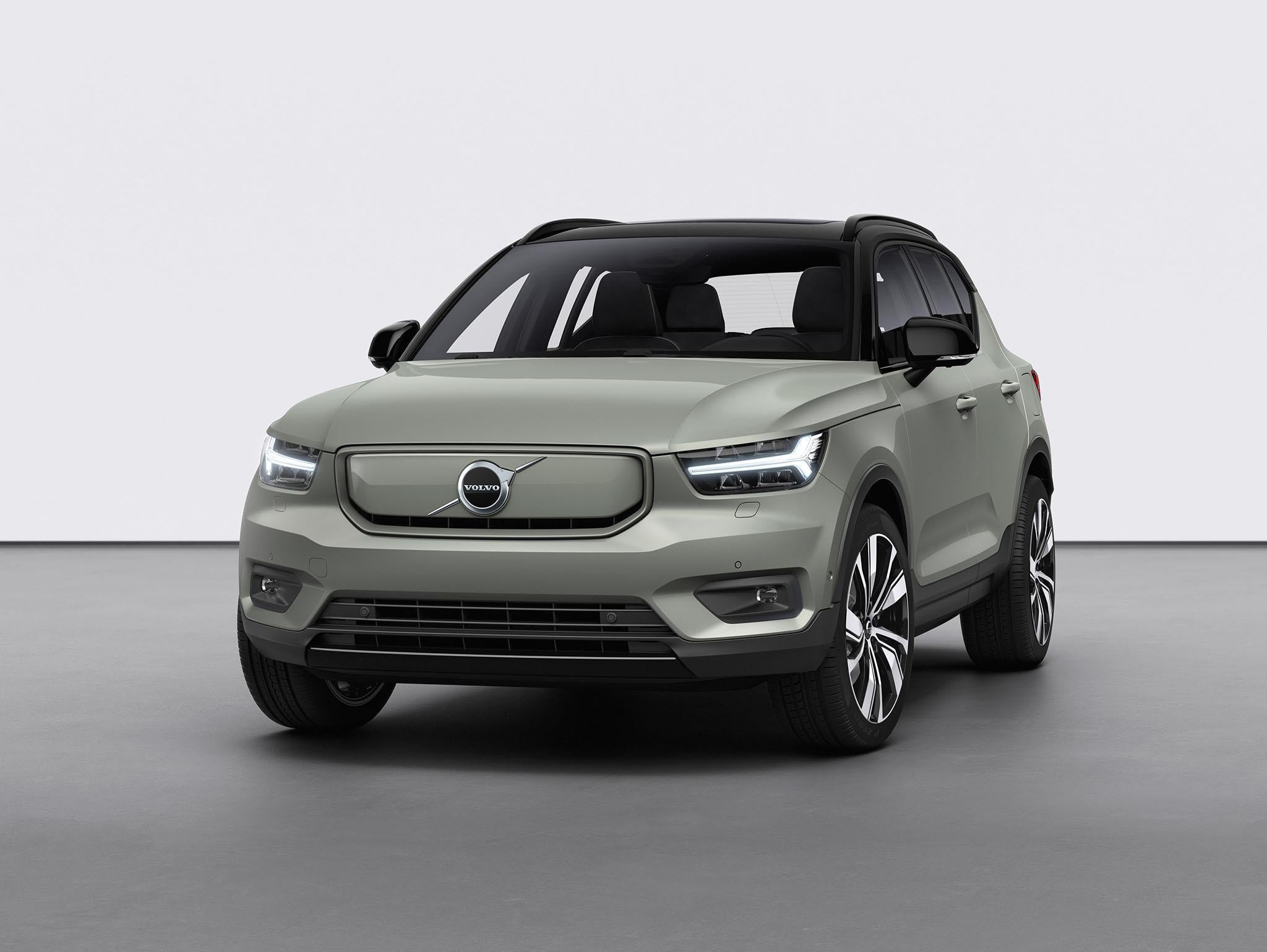
Your support helps us to tell the story
From reproductive rights to climate change to Big Tech, The Independent is on the ground when the story is developing. Whether it's investigating the financials of Elon Musk's pro-Trump PAC or producing our latest documentary, 'The A Word', which shines a light on the American women fighting for reproductive rights, we know how important it is to parse out the facts from the messaging.
At such a critical moment in US history, we need reporters on the ground. Your donation allows us to keep sending journalists to speak to both sides of the story.
The Independent is trusted by Americans across the entire political spectrum. And unlike many other quality news outlets, we choose not to lock Americans out of our reporting and analysis with paywalls. We believe quality journalism should be available to everyone, paid for by those who can afford it.
Your support makes all the difference.Volvo is the latest mainstream carmaker to unveil a truly electric car – powered purely by a battery, with no internal combustion engine or hybrid combination of electric and fossil fuel power. An all-electric version of its compact SUV, the new XC40 Recharge will be in the hands of its ethically sound drivers by the end of next year, with other models promised soon after. Volvo has already committed itself to “electrifying” its range through adding hybrid variants to all models, and this has already been completed across the range. With the financial and technical leverage of links with parent Geely Auto Group, a leading Chinese firm, and sister electric brand Polestar, Volvo should prove to be a significant player in this small (in the UK) but growing segment.
Only about 15,000 all-electric cars were sold in Britain last year, a mere 0.7 per cent of the market. However, the demand for such vehicles is rising at around 20 per cent a year, and a range of government and city targets for decarbonisation and incentives for consumers is also boosting demand. There is ample scope. In Norway, for example, with a heavy mix of taxes and subsidies, electric vehicles account for around half of sales.
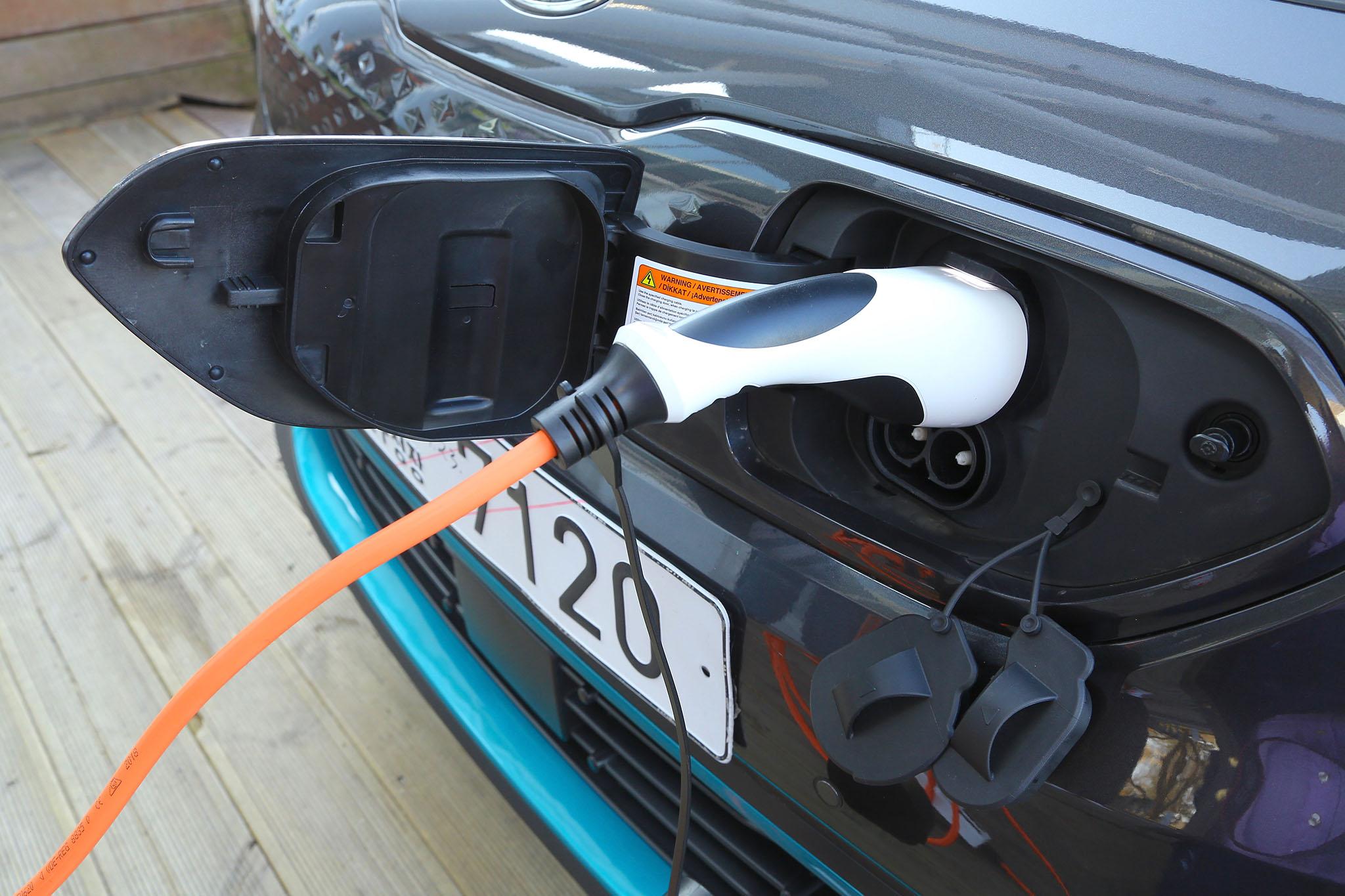
Based on the 2018 European Car of the Year, the XC40 Recharge is said to have a range of about 250 miles – not far off the class-leading offerings from Kia (Niro) and Hyundai (Kona), though all are some distance away from the much more expensive Tesla range. At the other end of the pricing spectrum, the new MG ZS Electric has a range of about 140 miles on one charge and is yours for £22,000.
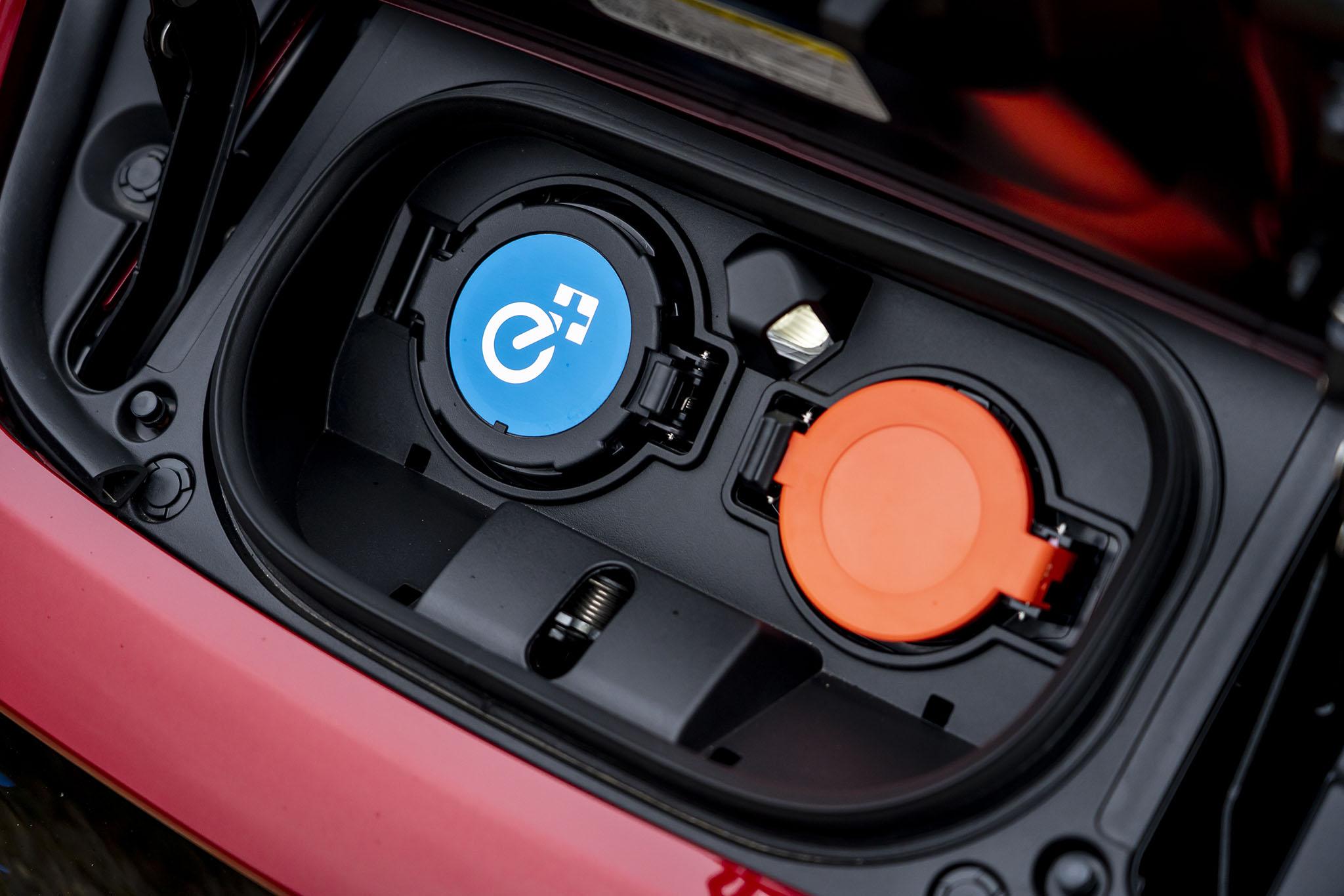
The new XC40 will be priced at around £50,000, which is rather higher than the likes of the Nissan Leaf, for instance. Still, electric car buyers are enjoying an unparalleled choice of vehicles, and technical advances, especially in battery technology, are also helping drive demand and reduce “range anxiety”. In the UK, the patchy infrastructure of charging points is, though, making the quest for consumer acceptance harder than it might be.
Though comparatively late to the electrification party, Volvo joins other even larger groups scrambling to decarbonise their offerings. Earlier this year, VW Group, hit hard by the “dieselgate” scandal, announced an accelerated alternative propulsion investment programme, with investment amounting to more than €30bn (£26bn) by 2023. The share of electric vehicles in the VW Group product portfolio fleet is to rise to at least 40 per cent by 2030. The first of the new-generation electric vehicles is now on sale – the Audi e-tron. It will be joined by the Porsche Taycan, Volkswagen ID, Seat el-Born, the Skoda Vision E, the ID Buzz and the ID Vizzion (“ID” being VW’s new electric sub-brand).
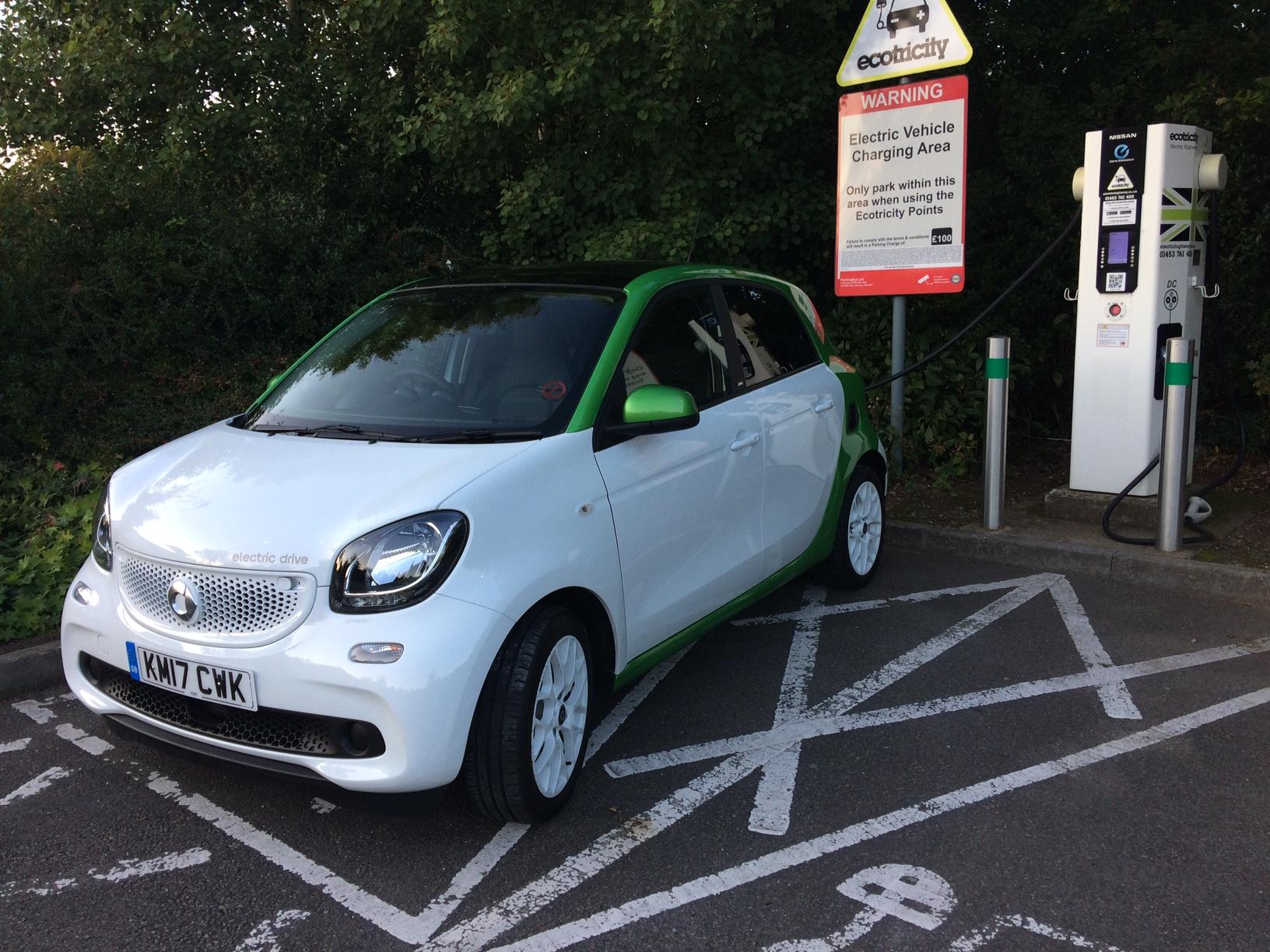
Volvo has declared that it wishes to become a climate-neutral company by 2040, and claims its plans represent “concrete actions” in line with the global Paris climate agreement, which seeks to limit global warming to 1.5C above pre-industrial levels. Volvo will, it says, move from a completely internal combustion/hybrid electric range today to 50 per cent of global sales from fully electric cars by 2025.
Although electric cars remain much more expensive than their conventional equivalents, the differential is being squeezed. Even so, if £50,000 is too much for a new Volvo XC40, there are many older, used examples of serviceable electric models that can now be found for less than £20,000 or even below £10,000, with running costs close to zero.
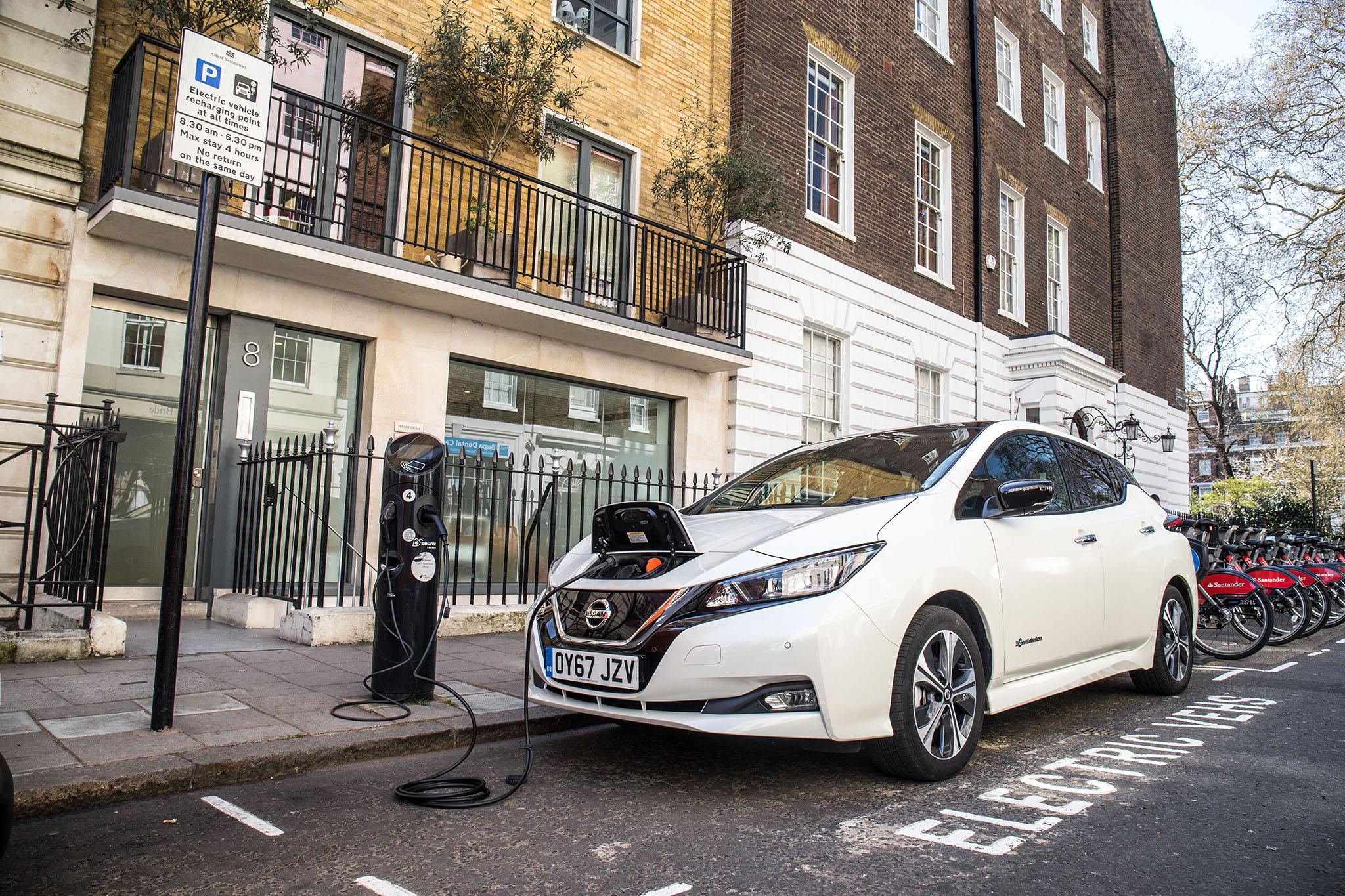
Electric cars have far fewer moving parts and consumable items than their diesel or electric counterparts, so are cheaper to run, and, of course, fuel costs are negligible. If you can source one, a Nissan Leaf, Renault Zoe or Fluence, BMW i3, or an electric Smart car or Kia Soul could be a useful means of urban/suburban transport, especially for those with a green conscience.
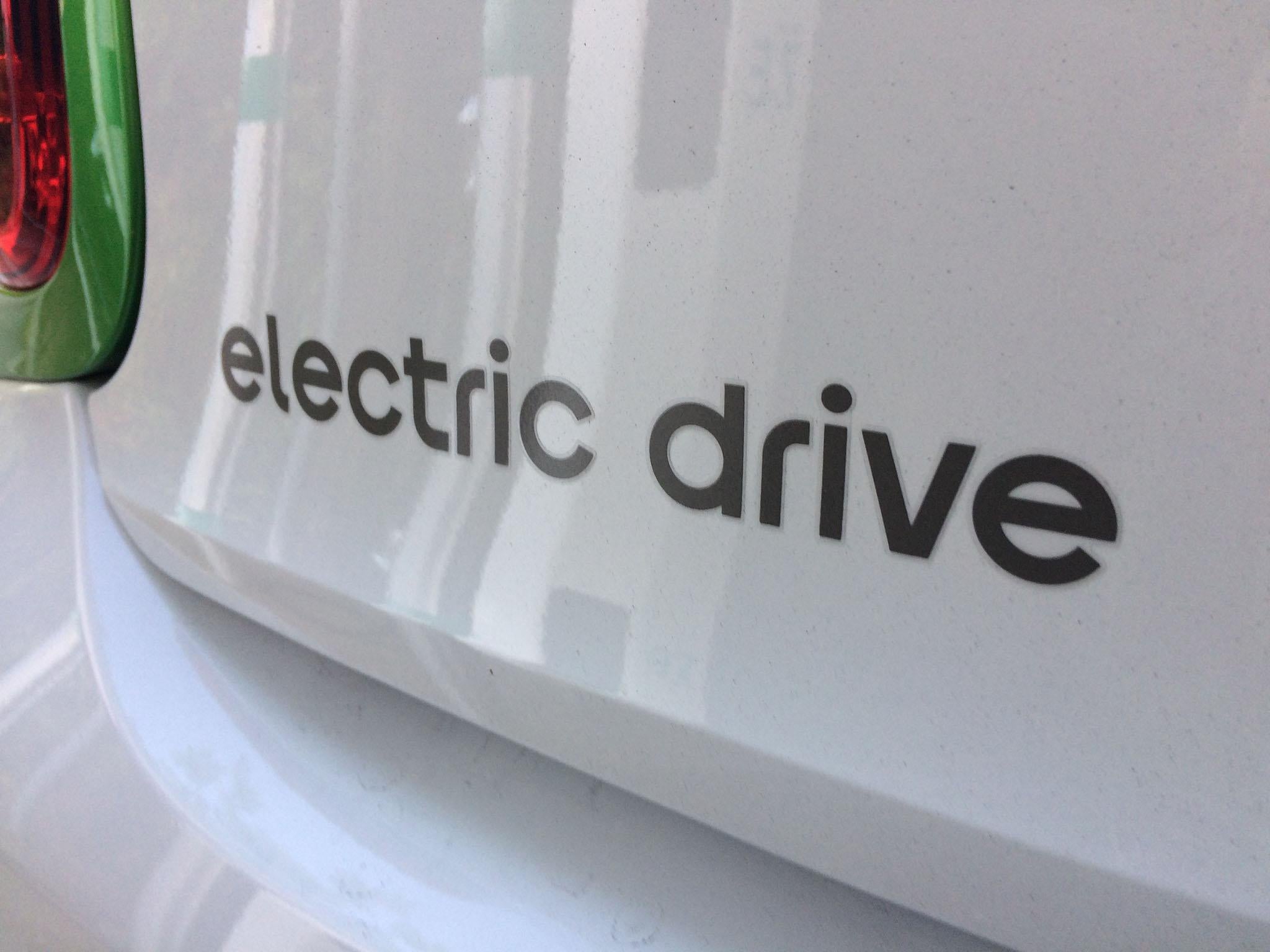
The only major thing to look out for is the much smaller range of these models – closer to 100 miles or less than today’s 250 miles on a full charge – and the way that some makers (eg Renault) operated an optional leasing scheme for the batteries, even though the car is bought outright. And, of course, it helps if you have off-street parking and, ideally, a dedicated charger box fitted at your home. And, for those who see the electric car as a dull, characterless affair, the accretion offered by an electric motor is superior to the internal combustion engine, and the silent ride as comforting as any Rolls-Royce or Bentley limousine.
Join our commenting forum
Join thought-provoking conversations, follow other Independent readers and see their replies
Comments